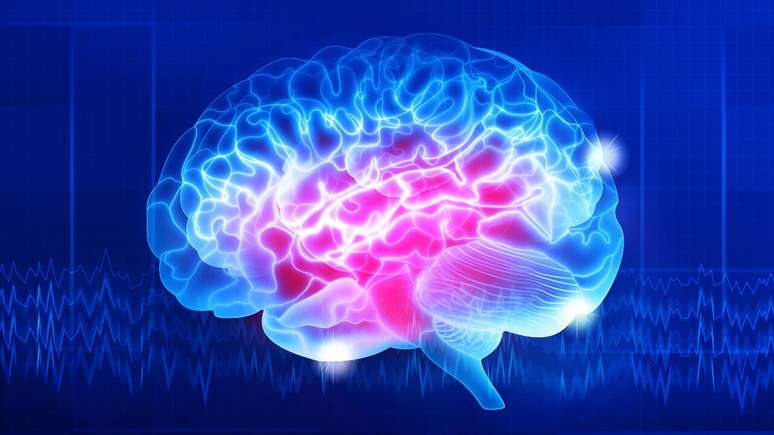On National Multiple Sclerosis Awareness Day, better understand how to deal with the disease
Today, August 30th, is the National Multiple Sclerosis Awareness Day. A symbolic date that, as the name suggests, aims to inform people about the pathology. After all, the disease, according to the WHO (World Health Organization), affects about 40 thousand people in Brazil alone.
Understand Multiple Sclerosis
Multiple sclerosis is a neurological, chronic, and autoimmune disease. This means that it causes a change in the patient’s immune system, causing the body’s defense cells to inadvertently “attack” the central nervous system, causing damage to the brain and spinal cord.
Unfortunately, there is no cure for the disease. The causes are still unknown and, therefore, little is known about possible prevention. Treatment focuses on alleviating symptoms and slowing the progression of multiple sclerosis. However, according to the Brazilian Multiple Sclerosis Association (ABEM), numerous studies have allowed a constant and significant evolution in the quality of life of patients.
Early diagnosis is essential
Although there is still no definitive cure for multiple sclerosis, treatment can ensure a good quality of life for the patient. However, for this to happen, the diagnosis must be made in the early stages of the disease. Therefore, one of the main recommendations is to perform requests and periodic tests, to evaluate the state of health, even in the absence of symptoms.
However, it is also important to pay attention to the signs that multiple sclerosis can give. Let’s see below what the main symptoms of the disease are:
- Fatigue;
- Changes in the intestines;
- Pain;
- Unilateral visual changes;
- Eye pain;
- Numbness;
- Weakness;
- Changes in muscle strength;
- Changes in coordination and balance.
“If the patient does not go to a neurologist, the disease will get worse. That’s why we talk about early diagnosis,” warns the coordinator of Cerebrovascular Diseases at the Icaraí Hospital and coordinator of Neurology at the Hospital and Clinic of São Gonçalo, Dr. Guilherme Torezani.
“These patients are often young, with their whole lives ahead of them. So it is essential to avoid the disabilities that the disease can generate, improving their quality of life,” adds Dr. Viviane Tavares, also a neurologist at Hospital Icaraí.
Source: Terra
Ben Stock is a lifestyle journalist and author at Gossipify. He writes about topics such as health, wellness, travel, food and home decor. He provides practical advice and inspiration to improve well-being, keeps readers up to date with latest lifestyle news and trends, known for his engaging writing style, in-depth analysis and unique perspectives.









